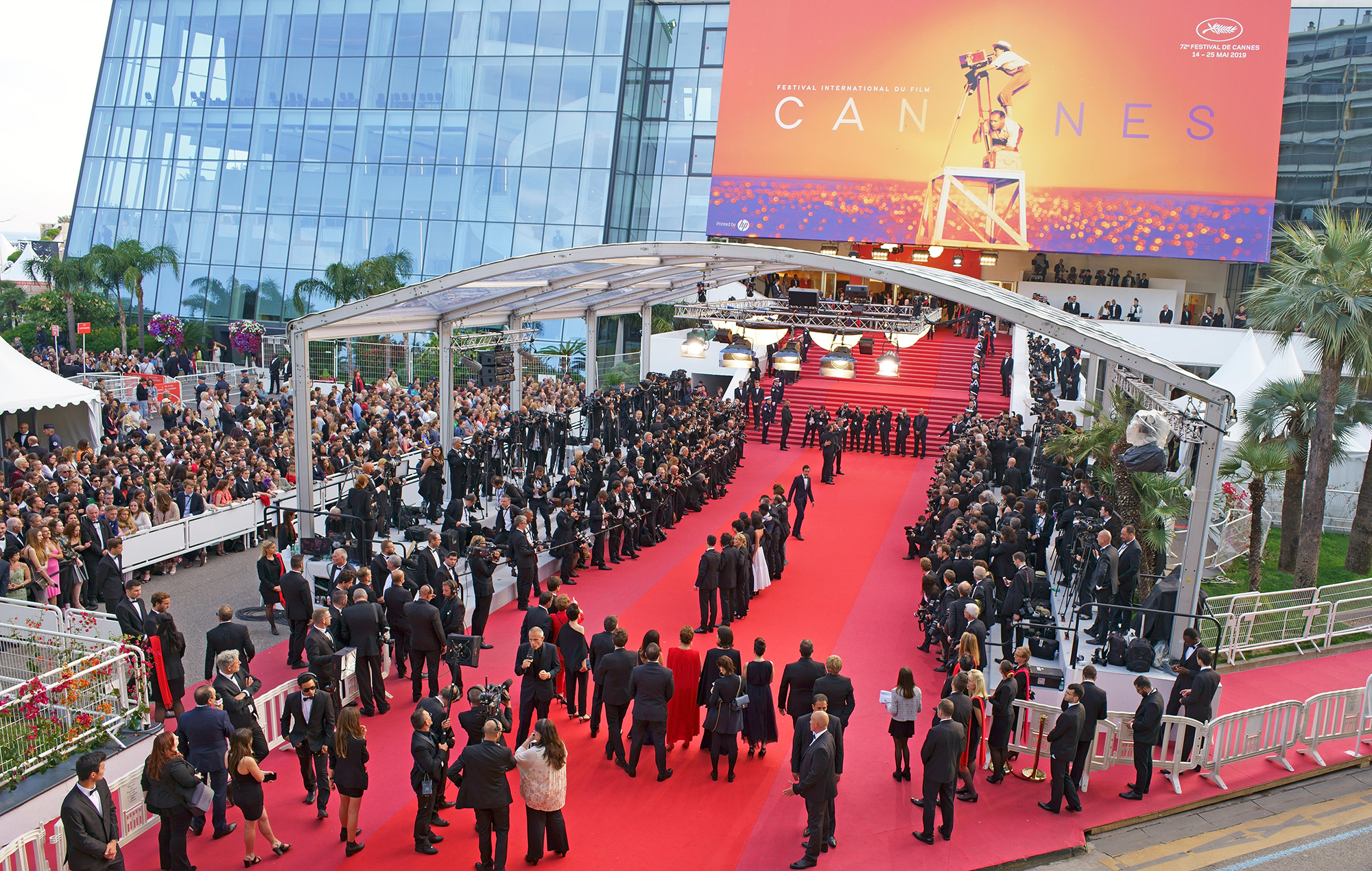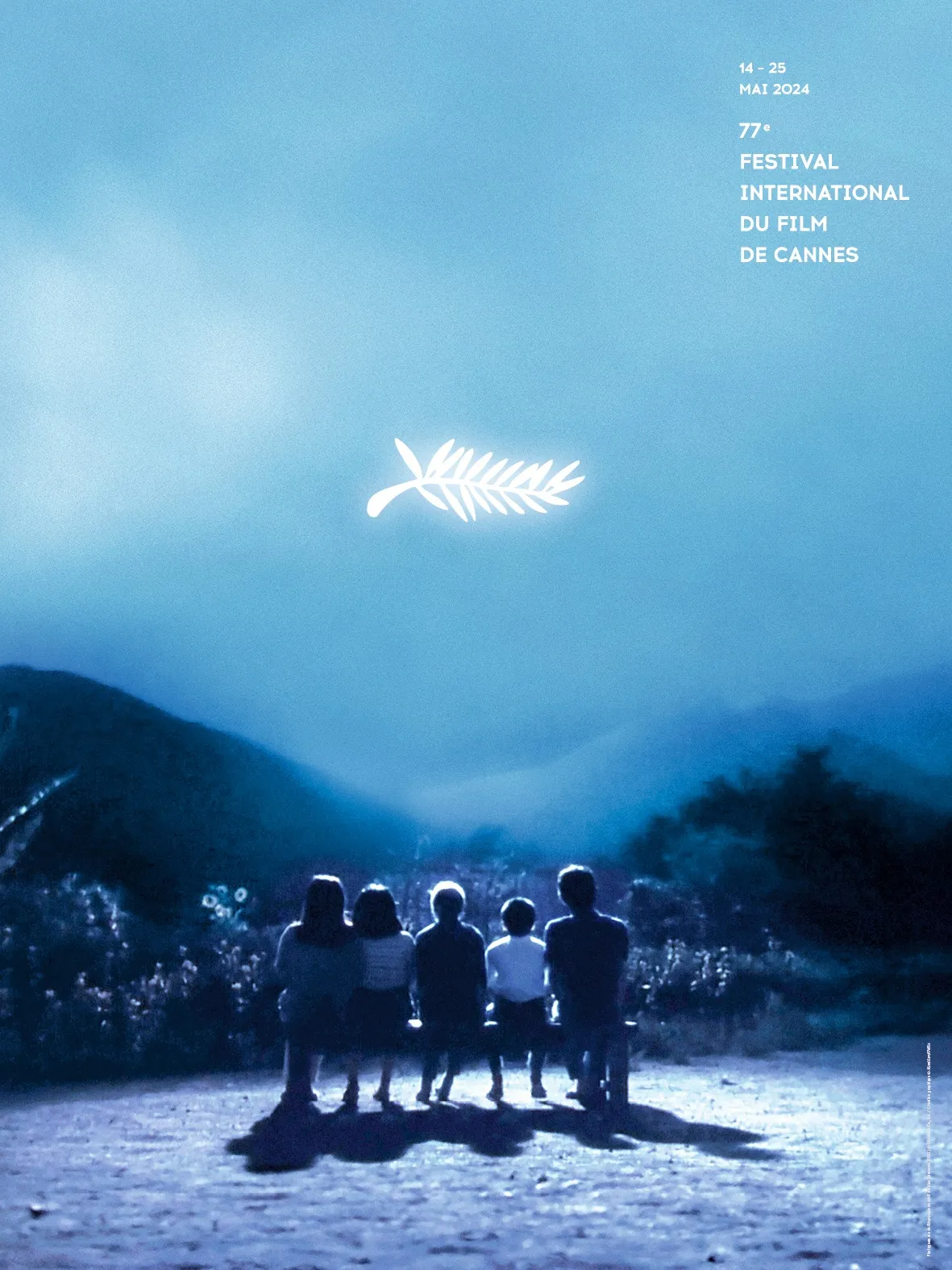
The film industry is a captivating world where storytelling meets technology. It encompasses the entire process of creating, distributing, and exhibiting movies, encompassing a vast array of roles and disciplines.
From the initial spark of an idea to the final scene on the silver screen, it involves countless individuals working together.
This includes screenwriters crafting compelling narratives, directors bringing those stories to life, actors embodying characters, cinematographers capturing the visuals, and countless other professionals behind the scenes.

The industry has evolved dramatically since its humble beginnings in the late 19th century. From silent films to the advent of sound, from black and white to vibrant color, and now embracing digital technologies, cinema has constantly reinvented itself, captivating audiences worldwide.
What is the Cannes Film Festival?
The Cannes Film Festival, or Festival De Cannes, exists as a celebration of cinema and as a platform to promote artistic excellence within the film industry.
Established in 1946, in the aftermath of World War II, the festival aimed to revive the spirit of international filmmaking and foster cultural exchange in a post-war Europe.
Over the years, Cannes has evolved into one of the world’s most prestigious and influential film festivals. It showcases new films of all genres, including documentaries, from around the globe. The festival is known for its competitive spirit, with the Palme d’Or being the most coveted award.
Why is it relevant in the film industry?
Recognition and Validation
The Cannes Film Festival provides a global stage for filmmakers to present their work to an international audience. Films selected for screening at Cannes gain exposure and recognition, often leading to distribution deals and critical acclaim.
The awards serve as a form of prestigious recognition for filmmakers and their work. Winning an award, particularly a renowned one like the Oscars or Cannes Honorary Palme d’Or, signifies artistic achievement and excellence within the industry.
This recognition fosters a sense of accomplishment and validation for filmmakers, boosting their careers and public image.
Industry Networking and Collaboration
Beyond the awards, the festival serves as a crucial meeting point for the film industry. Distributors, producers, and filmmakers gather to network, exchange ideas, and potentially secure deals for film distribution and production.
This fosters collaboration across borders and contributes to the growth of the global film industry.
Cultural Exchange and Impact
Cannes serves as a platform for cultural exchange, providing a space for filmmakers from diverse backgrounds to share their stories, perspectives, and experiences.
The festival fosters understanding across cultures through film screenings, discussions, and events, enriching global cinema and promoting intercultural exchange.
It highlights important films that spark conversations, challenge perspectives, and leave a lasting mark on society.
It also contributes to the historical record of filmmaking, showcasing the evolution of the art form and its impact on the world.
Everything You Need to Know About the 77th Cannes Film Festival

The Cannes Film Festival, one of the most prestigious events in the film industry, is set to dazzle the world once again in 2024. Here’s a breakdown of everything you need to know about the 77th edition:
Date: May 14th to May 25th, 2024.
Location: Cannes, France, along the glamorous French Riviera.
President of the Jury: American filmmaker and actress Greta Gerwig will lead the esteemed jury.
The 77th Cannes Film Festival featured a diverse selection of films from around the world, spanning various genres, styles, and themes.
Notable highlights included the world premieres of highly anticipated films, captivating performances by acclaimed actors, and thought-provoking discussions on the future of cinema in an ever-changing world.
What should you look forward to at Cannes Film Festival 2024
Glamour and Red Carpet
The Cannes Film Festival attracts international media attention and A-list celebrities, generating significant buzz and glamour alongside its focus on artistic achievement in cinema.
A prime example of this is the inclusion of Meryl Streep in the opening ceremony – her iconic presence further elevates the festival’s allure.
Official Selection 2024
The Official Selection of the Cannes Film Festival comprises a prestigious lineup of films chosen by the festival’s selection committee to showcase the best in contemporary cinema.
This selection features a diverse array of feature films, short films, and sometimes documentaries, representing a wide range of genres, styles, and themes from filmmakers around the world.
One notable aspect of the Official Selection is that films can make their debut to international audiences at Cannes, like a world premiere.
These premieres add an element of excitement and anticipation to the festival as filmmakers unveil their work for the first time on a global stage.
Every film is divided into different categories. Below is the list of categories and their differences:
In Competition
This is the festival’s heart and soul, featuring a selection of films vying for the coveted Palme d’Or, the highest honor.
Here are some of the films included in this category:
OPENING FILM: Le Deuxiéme Acte by Quentin Dupieux – Out of Competition (The Second Act)
Bird by Andrea Arnold
Megalopolis by Francis Ford Coppola
The Shrouds by David Cronenberg
La Plus Précieuse Des Marchandises by Michel Hazanavicius
Feng Liu Yi Dai by Jia Zhang-Ke (Caught by the Tides)
Pigen Med Nålen by Magnus Von Horn (The Girl With The Needle)
Un Certain Regard
This section showcases innovative and original films from diverse voices.
Here are some of the films included in this category:
OPENING FILM: When The Light Breaks by Rúnar Rúnarsson
Boku No Ohisama by Hiroshi Okuyama (My Sunshine)
Santosh by Sandhya Suri
Le Procés Du Chien by Laetitia Dosch | 1st film (Dog On Trial)
Gou Zhen by Guan Hu (Black Dog)
Out of Competition
In this section, the festival shows screenings of highly anticipated films outside the main competition.
Here are the films included in this category:
She’s Got No Name by Chan Peter Ho-Sun
Le Comte De Monte-Cristo by Alexandre De La Patelliére et Matthieu Delaporte
Horizon, An American Saga by Kevin Costner
Rumours by Evan Johnson, Galen Johnson, and Guy Maddin
Furiosa: A Mad Max Saga by George Miller
Midnight Screenings
This is a section made by the festifor genre-bending and unconventional cinema.
Here are the films included in this category:
Twilight of the Warriors: Walled in by Soi Cheang
The Surfer by Lorcan Finnegan
Les Femmes Au Balcon by Noémie Merlant (The Balconettes)
I, The Executioner by Ryoo Seung Wan
Cannes Premiere
This section purchases new works from established directors.
Here are some of the films included in this category:
Everybody Loves Touda by Nabil Ayouch
C’est Pas Moi by Leos Carax
Le Roman De Jim by Arnaud Larrieu and Jean-Marie Larrieu
Rendez-vous Avec Pol Pot by Rithy Panh
Special Screenings
This last section is dedicated to tributes, documentaries, and restored classics.
Here are some of the films included in this category:
The Invasion by Sergei Loznitsa
Apprendre by Claire Simon
Le Fil by Daniel Auteuil
Sauvages by Claude Barras
L’arte Della Giola by Valeria Golino (The Art Of Joy)
An Unfinished Film by Lou Ye
Check the full list of nominees here.
Remember: Attending the Cannes Film Festival is generally by invitation only for industry professionals and accredited media.
However, the festival offers a wealth of content online and through public screenings in Cannes, allowing film enthusiasts worldwide to experience the magic.
How to Stay Updated:
Visit the official website: https://www.festival-cannes.com/en/
Follow social media channels for live updates and behind-the-scenes glimpses.

Celebrate Life’s Milestones in Camella!
Make unforgettable memories in a Camella home.
Our communities are designed to elevate your living experience.


